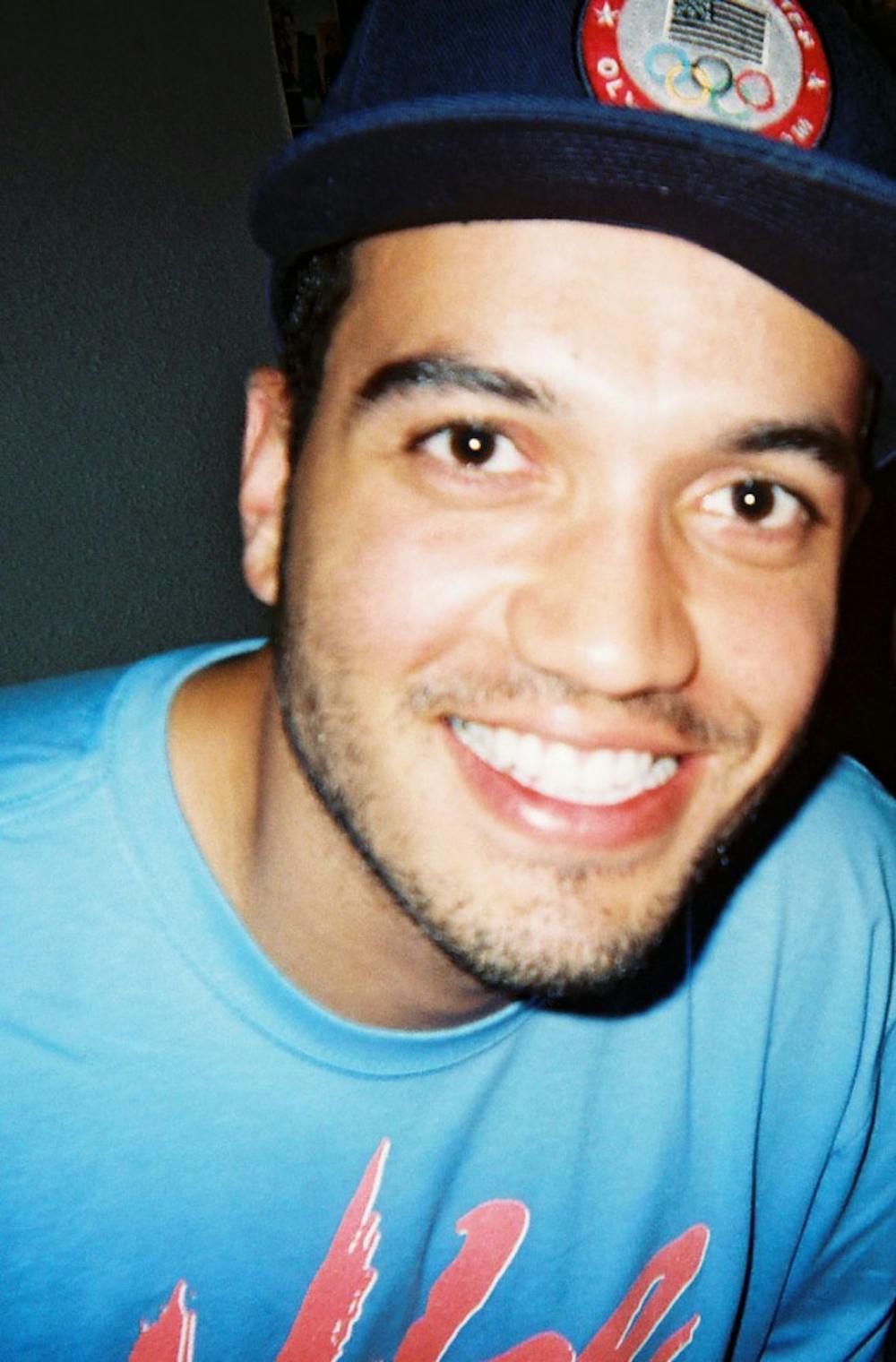Tadeu Velloso |
Every day when I wake up I am aware of myself. I am hyper-aware. I am aware that I am a male, able-bodied, pursuing a college degree. Yet when I look in the mirror I am aware of something that is more important than any of those other things. I am aware that I am not white.
Many people who know me are probably thinking, “But Tadeu, I see you as more than your race!” For that, I thank you, but there are some inherent problems with that statement.
By being “colorblind” and simultaneously conforming to another form of racism by ignoring my experiences and influences as a Latino. By being “colorblind” you are not getting to know me for who I am, but you are merely holding me to a “white” standard of being. By being “colorblind” you are ignoring my experiences of being a person of color, whether that manifests itself in never asking me about my culture beyond its stereotypes, or ignoring my attempts at conversation about discrimination I might have experienced regardless of if you believe me or not. As my friends you have a duty to give me the benefit of the doubt, something I am not often afforded, and believe that my feelings are valid.
Also, there is a problem because in the ethnic hierarchy. I get an advantage. Being a Brazilian, I get to be exotic. I get to represent the land of big butts, beaches and fútbol. I am not seen as a threat or a part of the immigration problem because there is a mystique to Brazil and its culture. I know that I benefit from that exoticism and fetishization of my culture in some senses that it makes me the token “minority” friend.
More importantly, people don’t see me as a racial other because I have been forced to conform to the behaviors of the dominant culture. I don’t dress, talk, walk or behave the ways people expect Latinos to. I have learned how to behave in this world and adopted techniques of racial etiquette, not because I am ashamed of my culture, but because I have to in order to survive. I can’t afford to wear sweatpants or not try hard in my classes because then I risk being seen as the lazy “other” or not having the merits to be at this institution and as only being here because of affirmative action. I have also been forced to deal with people mocking my name and refusing to pronounce it correctly without any thought given to its importance to me. During my time at UP I have only been asked how to actually pronounce my name TWO times.
I understand that not everyone is racist interpersonally, but everyone has to understand that our society is systemically and institutionally racist. For many of us students of color, letting instances of racism go unpunished and unnoticed reaffirms the fact that we are the “other.” We learn how to negotiate our identities within this context. Although racial costumes (geishas, sumo wrestlers, “Pocahotties,” Native warriors, thugs, Tequila Man, hula girls, “Arab” terrorists, etc.) may seem to be in good fun, for the groups that you are portraying those costumes have a deeper significance. It tells members of those cultural groups that you refuse to see them as more than a caricature, that their humanity and dignity is not worthy of your respect.
The problem with Latin Night is that it had the potential to be something positive. If they truly based it on the NBA’s “Noche Latina” they would have known that these nights are not about making a mockery of someone’s culture, but a celebration of it. Our “Latin Night” could have included community engagement with Portland’s Latino Network, music by Selena or Seu Jorge, readings from the works José Marti or Rubén Darío, or traditional foods from Colombia or El Salvador. But instead, “Latin Night” again reinforced negative stereotypes of Latin culture, defiled our beloved chant of “Sí Se Puede,” literally threw someone’s culture in their face, and again made people that don’t make up the dominant group feel like we don’t truly belong on this campus.
For a school that prides itself on community, we are failing. How many people have gone through Green Dot bystander training and merely stood by, doing nothing to support the Latina students who intervened at the basketball game? How many administrators, staff and faculty blew this instance off as an overreaction? This incident does not exist in a vacuum! I think a “red dot” is any instance that makes someone feel unsafe or uncomfortable on this campus. I think we failed our community by letting this happen and will continue to fail our community if we leave the campus discrimination problem unaddressed. It’s time for change.
Tadeu Velloso is a senior organizational communication major. He can be reached at velloso14@up.edu.







